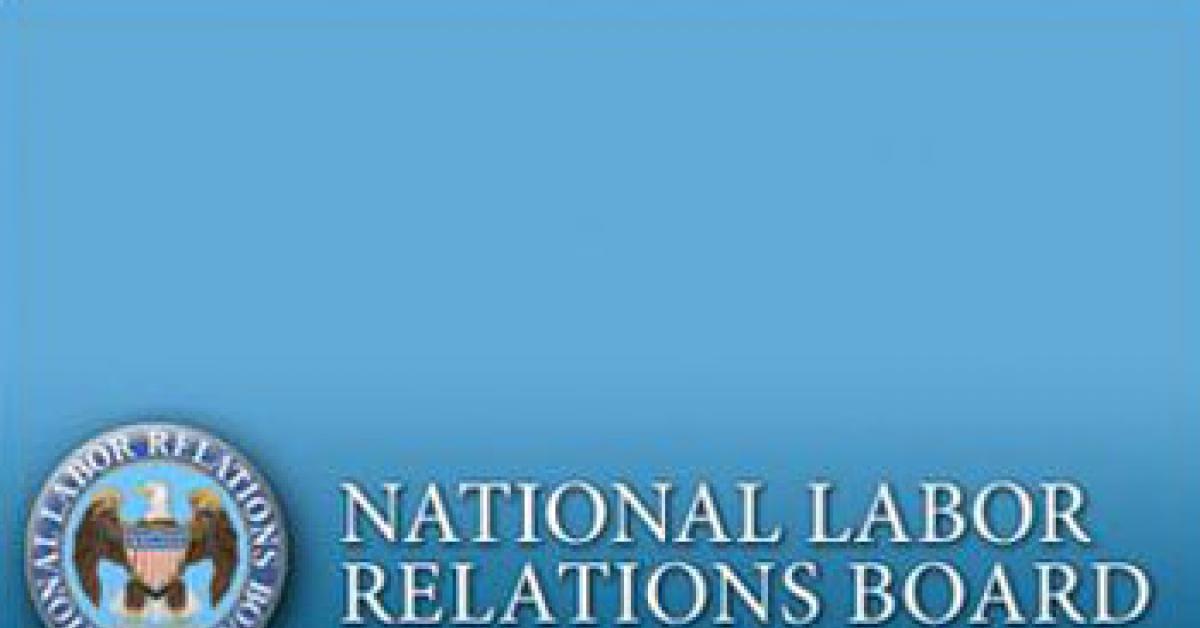CHICAGO — Executives of large drycleaning and laundry operations are awakening to an unfortunate fact: That although unions lost their battle in Congress for the Employee Free Choice Act—a.k.a. the “card-check” law—they may be winning the war to make organizing easier with Craig Becker’s recent appointment to the National Labor Relations Board (NLRB).
Becker won an interim appointment to the NLRB last year after it became obvious that the Senate would not review many of President Obama’s appointments. In debates, Sen. Ben Nelson (D-Neb.) said, “Mr. Becker’s previous statements strongly indicate that he would take an aggressive personal agenda to the NLRB.”
The NLRB is the quasi-judicial agency charged with administering the 1935 Wagner Act, which governs the country’s labor relations. Sen. Robert Wagner (D-N.Y.), said then that secret-ballot elections were the linchpin of American democracy, and that they would work in industrial settings, too.
The Wagner Act gives employees the right to vote on union representation. “We say under government supervision, let the workers themselves go into a booth and secretly vote, as they do for their political representatives, in a secret ballot, to select their choice,” Sen. Wagner said.
Commonly known as the National Labor Relations Act, the Wagner Act is administered by members of the NLRB. Appointed by the President and confirmed by the Senate, they decide on detailed rules governing union and management behavior and how elections should be conducted.
The NLRB has always tried to balance the often-conflicting interests of unions, employers and employees, and over the years, has done a pretty good job. Those who complain the loudest have almost invariably lost elections.
Prior to his appointment to the NLRB, Craig Becker was the Associate General Counsel for the Service Employees International Union (SEIU), which has already organized many uniform-services companies, and the AFL-CIO, an umbrella organization of the nation’s unions. Prior to that, Becker taught at UCLA’s Law School and has written extensively in a number of the law reviews.
One of his most salient articles is “Democracy in The Workplace: Union Representation Elections & Federal Labor Law,” published in the Minnesota Law Review in 1993. In it, he said that “employers should be stripped of any legally cognizable interest in their employees’ election of representatives; just as U.S. citizens cannot opt against having a Congressman, workers should not be able to choose against having a union as their monopoly-bargaining agent.”
Becker also believes employers should have no right to campaign against unions, or to question voter eligibility, union campaign conduct and unit determination. “Only the employee constituency and their potential union representative should be heard.”
In his article, Becker says that Sen. Wagner’s thinking behind the original 1935 law is wrong. “Lawful as well as unlawful employer activity is distorting the process of labor representation,” the article says. “Employers should have no legally sanctioned role in union elections.” This might surprise Sen. Wagner, if he were still alive.
Unions are trying to ease the rules governing organizing because union membership has declined sharply. In the 1950s, for example, unions represented about 35% of employees in private industry. Now, private-sector unionization has dropped to 7.2%. The decline has occurred for a variety of reasons.
Many of the abuses of the 1930s, including age, gender and racial discrimination, are now outlawed by federal and state laws. Sophisticated human-resources practices including performance-based compensation have helped build strong labor/management ties. And a decline in the heavy industries in which unions originally flourished means traditional candidates for unionization have dwindled. The unions are looking for new industries to organize.Please check back Wednesday, March 24 for Part 2 of this story.
Have a question or comment? E-mail our editor Dave Davis at [email protected].
